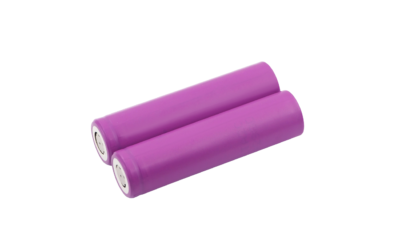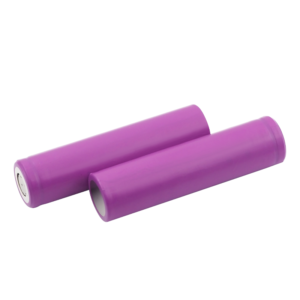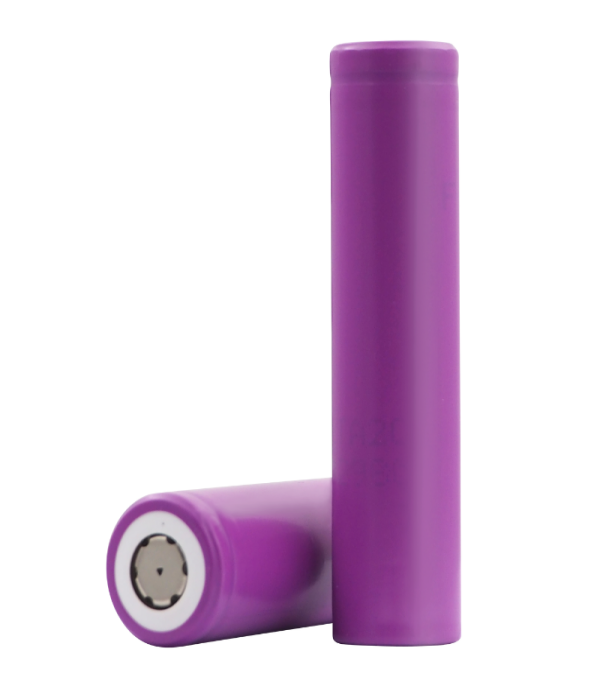Rechargeable high capacity cells have revolutionized the way we power electronic devices. From smartphones to electric vehicles, these batteries offer clear advantages over traditional power sources. In this article, we’ll explore the top benefits of using rechargeable high capacity cells in electronics.

1. Longer Battery Life
Rechargeable high capacity cells can store more energy, resulting in longer battery life for your devices. Whether it’s a smartphone, tablet, or laptop, these batteries allow for extended usage between charges. This is especially useful for those who need their devices to last throughout the day without constantly recharging.
For devices that require continuous power, like gaming consoles or high-end laptops, these cells provide the endurance needed for demanding applications.
2. Environmentally Friendly
Switching to rechargeable high capacity cells helps reduce the number of disposable batteries in landfills. These cells can be recharged and reused, promoting sustainability and lowering environmental impact. This move towards eco-friendly solutions is critical as more consumers and businesses focus on green alternatives.
By using high capacity rechargeable cells, you help minimize waste and reduce your carbon footprint, making a significant contribution to the environment.
3. Cost-Effective in the Long Run
Though high capacity rechargeable cells may have a higher upfront cost, they pay off in the long term. Because these cells last much longer than disposable batteries, you’ll save money over time. Fewer replacements mean lower overall costs, especially for devices used frequently.
In industries like electric vehicles and renewable energy, the long lifespan of these batteries significantly reduces operating costs, making them a wise investment.
4. Better Performance for High-Power Devices
Rechargeable high capacity cells excel in powering high-demand devices. Products like drones, electric vehicles, and power tools need batteries that can handle large amounts of energy. These high-capacity batteries deliver the necessary power quickly and efficiently, ensuring smooth operation without sacrificing performance.
For example, in electric vehicles, these batteries provide the range and power needed for long-distance travel and quick acceleration. Similarly, drones benefit from longer flight times and increased stability with these powerful cells.

5. Compact and Lightweight
Despite their large energy storage, rechargeable high capacity cells are designed to be compact and lightweight. This makes them ideal for portable electronics where size and weight are crucial. They allow manufacturers to design thinner, lighter devices without compromising performance.
These cells are used in everything from wearables to mobile phones, enabling sleek designs with extended power storage.
6. Faster Charging
High capacity cells support fast-charging technology. This means your devices charge quicker, so you don’t have to wait long to get back to using them. Fast-charging is a major advantage for those who are always on the go and need a quick energy boost.
For example, in electric vehicles, fast-charging allows drivers to spend less time at charging stations, making EVs more practical for daily use.
7. Built-in Safety Features
Modern rechargeable high capacity cells come with enhanced safety features. These include thermal management systems, voltage regulation, and overcharge protection. These mechanisms prevent overheating, overcharging, and short circuits, ensuring the safety of both the devices and users.
These safety systems are especially important in high-power devices, where the risk of malfunction is higher. They add an extra layer of protection to the technology that depends on these cells.
8. Support for Renewable Energy Storage
High capacity rechargeable cells are critical in energy storage systems, especially for renewable energy sources like solar and wind power. They store excess energy generated during peak times, making it available when energy production drops. This is essential for maintaining a steady power supply from renewable sources.
Using these cells in energy storage systems supports the growing shift to clean energy and helps make renewable sources more reliable.

9. Wide Range of Applications
Rechargeable high capacity cells are highly versatile and used in a variety of applications. They power everything from consumer electronics to industrial machinery. Their ability to supply energy for different power requirements makes them valuable in multiple industries.
In medical equipment, military tech, and aerospace, these cells ensure that devices perform reliably and efficiently in demanding environments.
Conclusion
Rechargeable high capacity cells offer significant benefits for both consumers and industries. They extend battery life, reduce environmental impact, and improve device performance. As technology advances, these batteries will continue to play a crucial role in powering modern electronics, from mobile devices to electric vehicles. Their versatility, cost-effectiveness, and eco-friendly nature make them the battery of choice for the future.
By choosing high capacity rechargeable cells, you invest in a more sustainable and efficient power solution, both for personal use and industrial applications.

